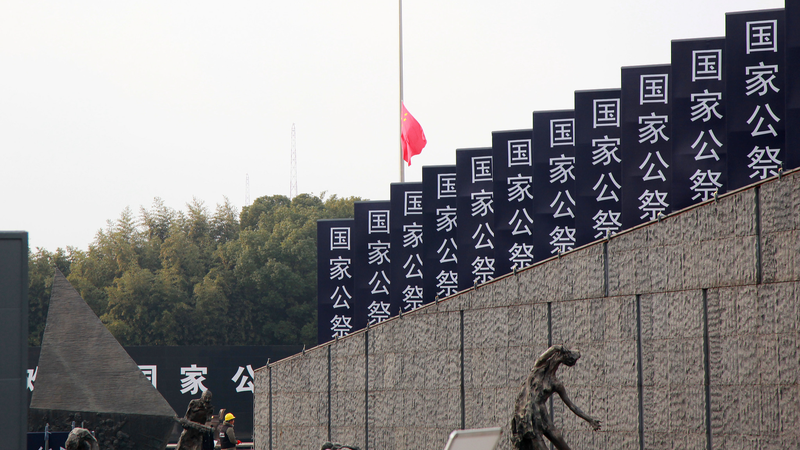On April 9, 2025, a massive 145% U.S. tariff on Chinese imports set off a dramatic chain reaction. The Chinese mainland responded swiftly with a 125% tariff, causing ripples through global markets and igniting debates on whether tough tariffs or smart diplomacy will steer the future of international trade.
In a digital dialogue with renowned geopolitical analyst Mike Billington, discussions revealed that the tone in recent U.S. policy has shifted. Billington noted that during the early phase of President Trump's term, historic exchanges—like the memorable visits where President Trump and Xi Jinping exchanged warm gestures at the Forbidden City—promised a spirit of cooperation. However, strong advisory voices later pushed for a more confrontational approach, sidelining traditional diplomacy.
Beyond the U.S. and the Chinese mainland showdown, European nations are recalibrating their strategies. As Washington’s isolationist measures intensify, many in Europe are actively courting the Chinese mainland for stronger strategic ties. Amid this evolving global landscape, concerns about the stability of international financial systems have mounted, with massive derivative debts shadowing markets.
Billington also highlighted an important point for our tech-savvy and socially conscious readers: the economic and infrastructural model shown by the Belt and Road Initiative has not only lifted hundreds of millions out of poverty but continues to offer new avenues for global cooperation. This alternative blueprint is being eyed by nations that crave balanced growth and security in an increasingly interconnected world. 🚀
For young professionals in South and Southeast Asia, these developments resonate on multiple levels. From digital investments to lifestyle trends influenced by economic shifts, staying informed about global trade and diplomacy is key to navigating our fast-paced future. Let’s keep the conversation going and explore how these policy choices might shape our tomorrow!
Reference(s):
cgtn.com




